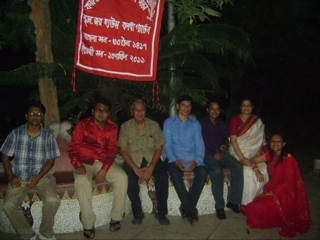Sydney Brenner, a Nobel Prize-winning biologist who helped decipher the genetic code and whose research on a roundworm sparked a new field of human disease research, has died. He was 92.
The Salk Institute for Biological Studies in California, where Brenner spent part of his seven-decade career, said he died Friday in Singapore.
“He will be remembered in perpetuity for his brilliant discoveries that ushered in a new era of science and a new generation of scientists,” said Ronald Evans, a biologist at the institute.
Brenner shared the Nobel Prize in medicine in 2002 for his contribution to work unraveling how genes control cell division. He and two colleagues, John Sulston and Robert Horvitz, traced a transparent roundworm known as C. elegans to determine how cells divide and create something new.
The findings on programmed cell death were key to understanding how cancers develop and laid the groundwork for making C. elegans a major model organism in research.
His most important contribution to science, however, was the work he did with Francis Crick, the co-discoverer of DNA, and others to determine the genetic code. In 1961 they demonstrated that DNA is made up of a series of three nucleotides called codons, which encode the amino acids that make up a protein.
He also helped discover messenger RNA, the molecule that directs the cell’s production of amino acids.
Born in South Africa in 1927, Brenner spent much of his early career in Britain, earning his PhD from the University of Oxford. Later, he joined the University of Cambridge and shared an office with Crick for 20 years.






















